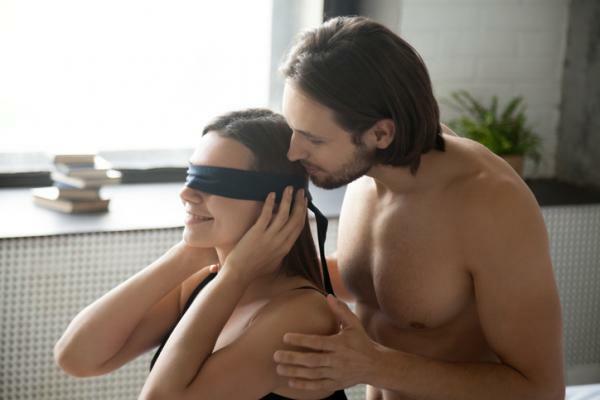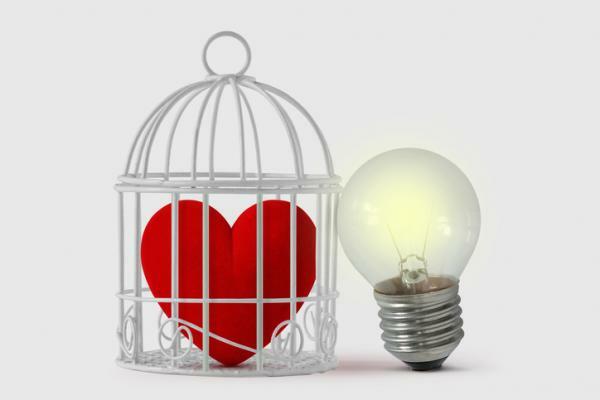
As we well know, all people from our first years of life are acquiring new learnings, which over time we are developing until mastering them, such as the control of the sphincters or the correct elimination of our bodily waste. But what are elimination disorders? Elimination disorders as they are enuresis and encopresis (urine and feces) are characteristic conditions of childhood and refer to the problems that some children present related to the lack of control to regulate the elimination of stools and the urine. This type of disorder may appear due to organic and / or psychological causes and in order to eliminate them, the child is required to carry out therapy with the special care and support of the parents, who have the obligation to carry out the exercises entrusted by the professional with the boy. But, What is the difference between enuresis and encopresis? In this Psychology-Online article, we are going to provide you with information about both disorders.
Enuresis consists of the
Types of enuresis according to the time of occurrence
Enuresis can be classified according to the moment in which the loss of urine control occurs:
- Nocturnal enuresis. This type of enuresis is the most frequent and refers to the loss of urine that occurs while the child is sleeping.
- Daytime enuresis It is much less frequent than nocturnal and occurs when the child urinates during the day.
- Mixed enuresis. It refers to when urine leaks can occur throughout the day, regardless of whether it is day or night.
Types of enuresis according to the beginning of the problem
- Primary enuresis. It refers to when the child has never been able to have a urinary control.
- Secondary enuresis. It refers to when the child has previously been able to control urination, however, it begins to present this problem.

There are different causes why a child may have an elimination disorder such as enuresis, to mention the main ones are the following:
- Hereditary factors. A child is more likely to develop this condition if a family member has had this problem before.
- Emotional stress. When the child is experiencing a high level of stress due to a change or a new situation, for example, parental divorce, the arrival of a younger brother, a change of city or school, family problems, abuse, etc.
- Disturbed sleep It may be that the child has a disturbed sleep rhythm and that, for example, he does not sleep well during the day, is too tired at night and it is very difficult to get up and go to urinate.
- Physical illnesses. Although it is less common, there are some diseases that cause the child to have problems such as enuresis, for example, diabetes, kidney disease, urinary tract infections, among other
Encopresis refers to the repeated loss of stool, either involuntarily or voluntarily in places considered inappropriate to do so. The age at which it is considered to be a problem is after 4 years, previously ensuring that this is not due to any medical condition or due to the side effects of any medicine.
Types of encopresis according to the level of stool retention
- Retentive encopresis. This type of retentive or overflow encopresis appears when the child retains prolonged emission of feces, so it can remain even up to two weeks without defecate. Finally, the child ends up eliminating his stools thanks to the overflow and he does so first by expelling the less solid stools and, later, the hard and consistent stools, feeling pain when expelling them.
- ANDNon-retentive ncopresis. This type of non-retentive or non-constipated encopresis arises when the child does not have too long a retention without serious constipation and her stools are normal.
Type of encopresis according to toilet training
- Primary encopresis. When the child has not managed to control the excretion process at some point despite being at an age when he should already be able to do so.
- Secondary encopresis. When the child has previously controlled defecation, but for some reason has stopped doing it again.

After having informed you extensively about elimination disorders, such as enuresis and encopresis, as well as what it does reference each of these conditions, the types that exist and what their causes are, we are going to know what is basically the difference between both of them. The main difference between enuresis and encopresis is that enuresis refers to when there is a problem of lack of urine control and encopresis refers to the lack of control of defecation.
Another difference that we can mention is that the cause The most common of encopresis is a problem of physical and organic origin, such as constipation, and in the case of enuresis, physical illnesses are the less common causes.
Finally, it is necessary to mention that as far as to treatment, because the most common causes that produce each of these disorders are different, in the case of encopresis it would be, depending on the individual situation of each child, more focused on issues related to diet to help improve digestion and overcome constipation. In the case of enuresis, it would be more focused on the use of strategies and the implementation of new habits that allow the child to use the toilet when she needs it and not hold back too much urine.
This article is merely informative, in Psychology-Online we do not have the power to make a diagnosis or recommend a treatment. We invite you to go to a psychologist to treat your particular case.


